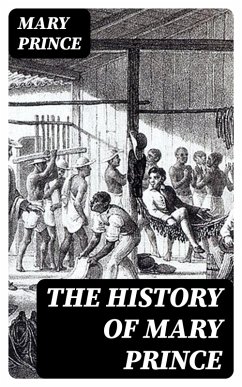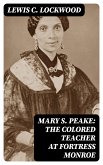Mary Prince's autobiography, 'The History of Mary Prince,' provides a rare and invaluable firsthand account of the hardships endured by enslaved African women in the Caribbean during the early 19th century. Prince's narrative is characterized by its compelling and poignant storytelling, offering readers a vivid portrayal of the brutality and dehumanization experienced by the enslaved. Written in a simple yet powerful prose style, the book stands out as a seminal work in the literary genre of slave narratives, contributing significantly to the abolitionist movement of the time. Prince's detailed descriptions of her experiences serve as a crucial historical document that sheds light on the true horrors of slavery. As a former enslaved person herself, Mary Prince draws upon her own lived experiences to provide an authentic and unfiltered perspective on the institution of slavery. Her courage in sharing her story despite the risk of repercussions speaks to her resilience and determination to bring awareness to the injustices faced by enslaved individuals. Through 'The History of Mary Prince,' readers gain access to a personal and emotional narrative that humanizes the often overlooked experiences of enslaved women. I highly recommend 'The History of Mary Prince' to readers interested in African American and Caribbean history, as well as those seeking a deeper understanding of the impact of slavery on individuals. Prince's powerful account offers a rare glimpse into the lived realities of enslaved women and remains a significant and enduring work of literature.
Dieser Download kann aus rechtlichen Gründen nur mit Rechnungsadresse in A, B, BG, CY, CZ, D, DK, EW, E, FIN, F, GR, H, IRL, I, LT, L, LR, M, NL, PL, P, R, S, SLO, SK ausgeliefert werden.









